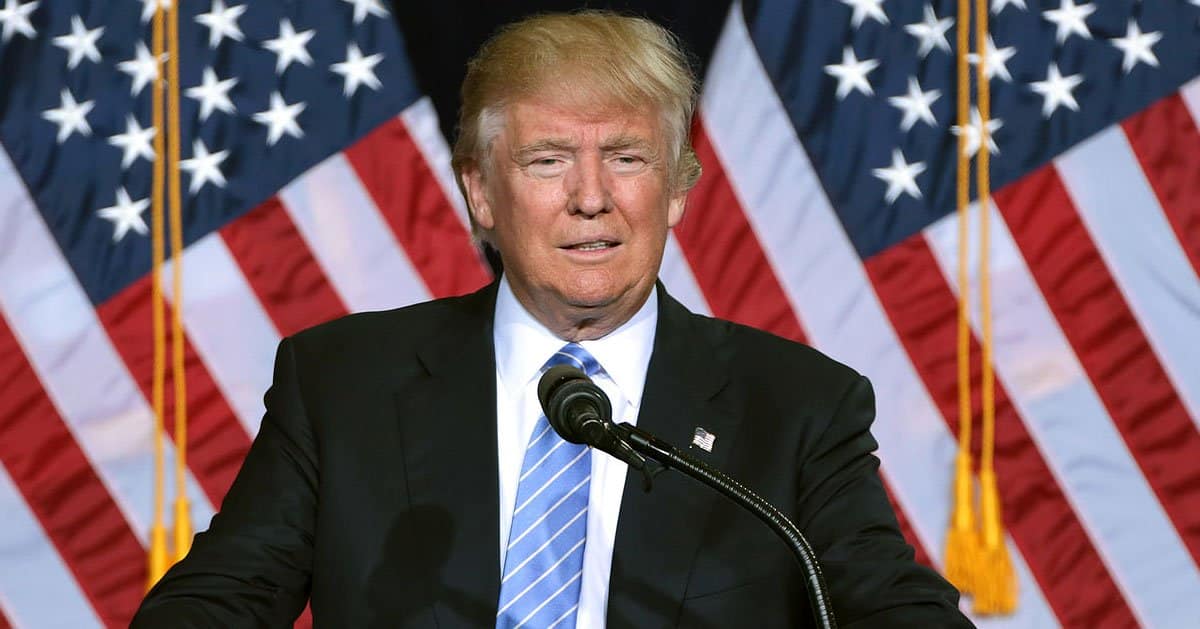







A federal judge in Florida has allowed former President Donald Trump’s defamation lawsuit against ABC News and its journalist, George Stephanopoulos, to advance.
The Epoch Times reported that the legal action stems from Stephanopoulos's claim on-air that a jury had convicted Trump of rape, a statement disputed by Trump and now subject to judicial scrutiny.
Earlier this year, Donald Trump initiated a defamation lawsuit in a Florida federal court following statements made by George Stephanopoulos. During a televised interview with Rep. Nancy Mace, Stephanopoulos asserted that a jury found Trump had "raped" E. Jean Carroll, prompting the lawsuit from Trump.
The Manhattan federal jury involved did indeed find Trump liable for the sexual abuse and battery of Carroll but explicitly did not find him guilty of rape. This distinction forms the core of Trump’s defamation claim against the broadcaster.
On Wednesday, US District Judge Cecilia Altonaga decided against dismissing the case, allowing Trump’s claims to progress through the court system. This decision emphasizes the importance of precise language in media reporting and its legal ramifications.
Judge Lewis Kaplan, in an earlier related legal context, had characterized Trump's actions towards Carroll as rape "in a broader sense" of the term. He noted this interpretation was consistent with a general understanding of the word, though it diverged from New York's narrow legal definition.
This broader interpretation by Kaplan and the specific findings of the Manhattan jury has led to a complex legal battle over the accuracy of Stephanopoulos’s statements.
Altonaga's recent ruling further delineates these distinctions, highlighting the complexity of legal definitions and their interpretation in media. She pointed out the importance of how these definitions are communicated to the public, especially when linked to legal judgments.
ABC News has chosen not to comment on the ongoing case. This lawsuit unfolds as Trump, who is currently campaigning for the 2024 presidential election, has intensified his critique of the press, often accusing media outlets of bias against him.
The contentious nature of the interview between Stephanopoulos and Mace, where the journalist reiterated the rape allegation numerous times, has added fuel to this highly watched legal confrontation.
Trump has publicly celebrated the ruling, heralding it as a significant victory against what he terms "ABC FAKE NEWS" and sharing his views extensively on social media platforms like Truth Social.
Altonaga's insights reveal a judiciary taking a nuanced view of media reporting responsibilities and the legal standards required for defamation.
"New York has opted to separate a crime of rape. Stephanopoulos’s statements dealt not with the public’s usage of that term, but the jury’s consideration of it during a formal legal proceeding," Altonaga explained, distinguishing the media's portrayal of legal outcomes from actual juridical decisions.
She further clarified that Judge Kaplan's remarks were concentrated on assessing the damages awarded by the jury and the evidential threshold Carroll met during her trial, stressing the need for accurate media representation of such complex legal proceedings.
This case underscores the ongoing tension between public figures and media entities concerning the accuracy and impact of journalistic practices on reputation and legal standing.
As the case progresses, it will likely continue to attract significant attention, touching on issues of media freedom, legal interpretation, and public discourse surrounding high-profile figures.
The outcomes of this lawsuit may have far-reaching implications for how journalists report on legal matters and the precision required when discussing unresolved or nuanced legal definitions.
In conclusion, Trump's defamation lawsuit against ABC News and George Stephanopoulos will proceed, focusing on the precise interpretation of legal terms and their usage in media.
This case highlights the complexities of reporting on legal proceedings and the potential consequences of misrepresenting juridical findings. It also raises significant questions about the balance between free speech and the need for factual accuracy in journalistic practices.



